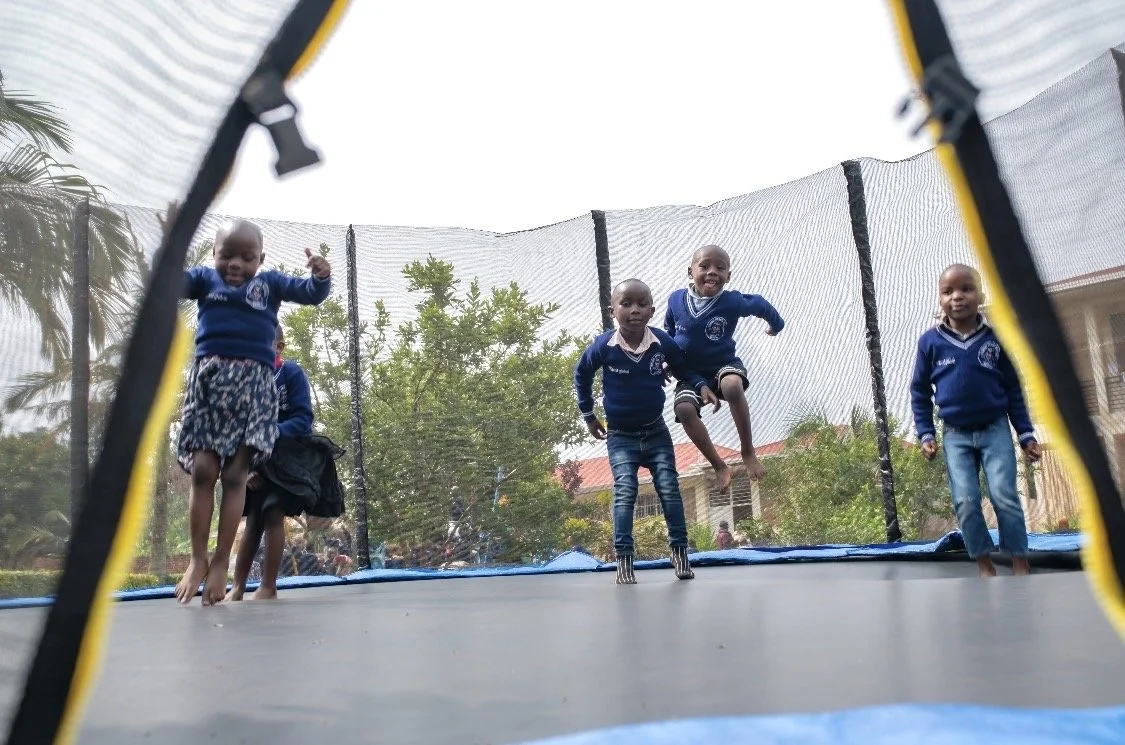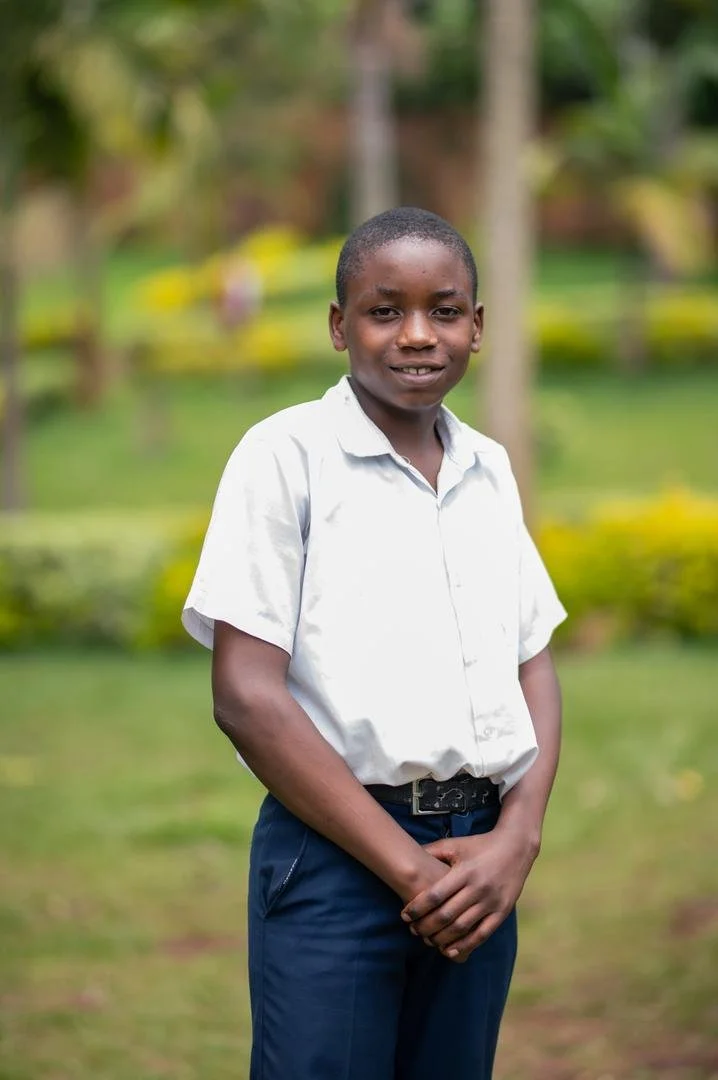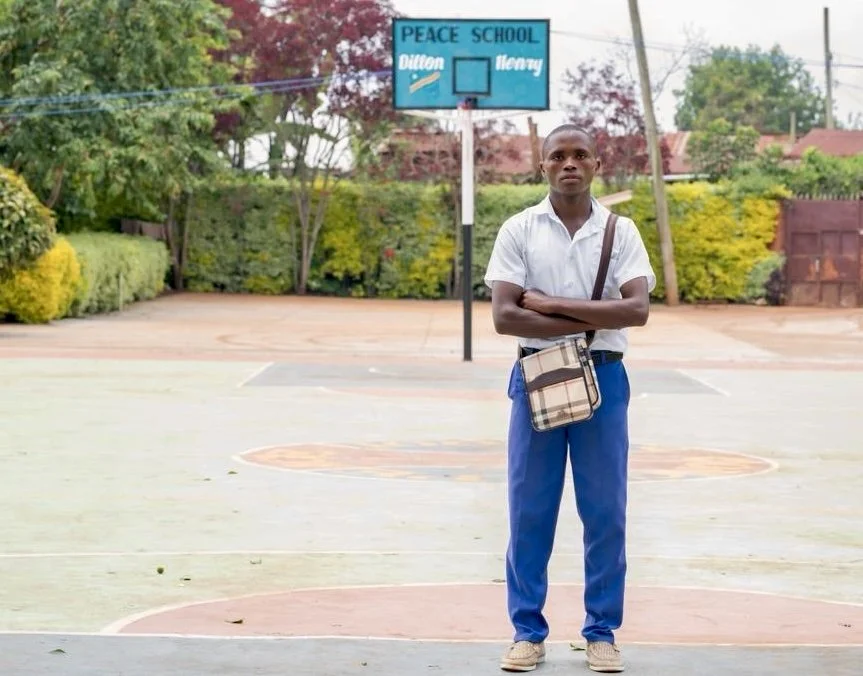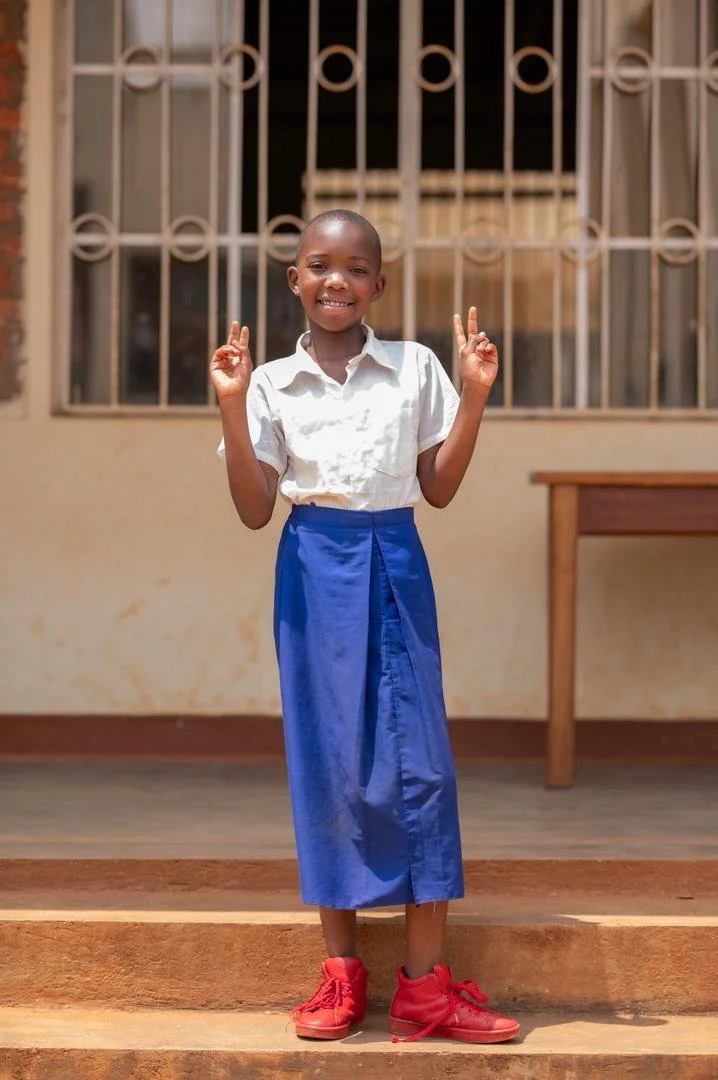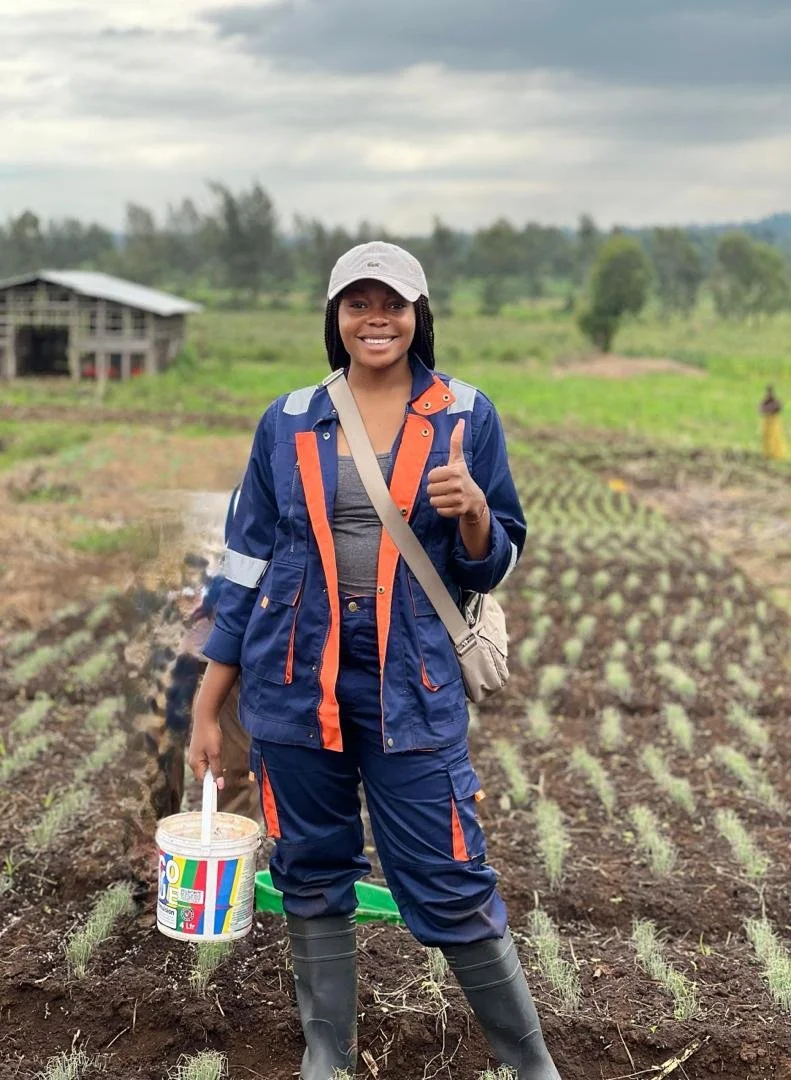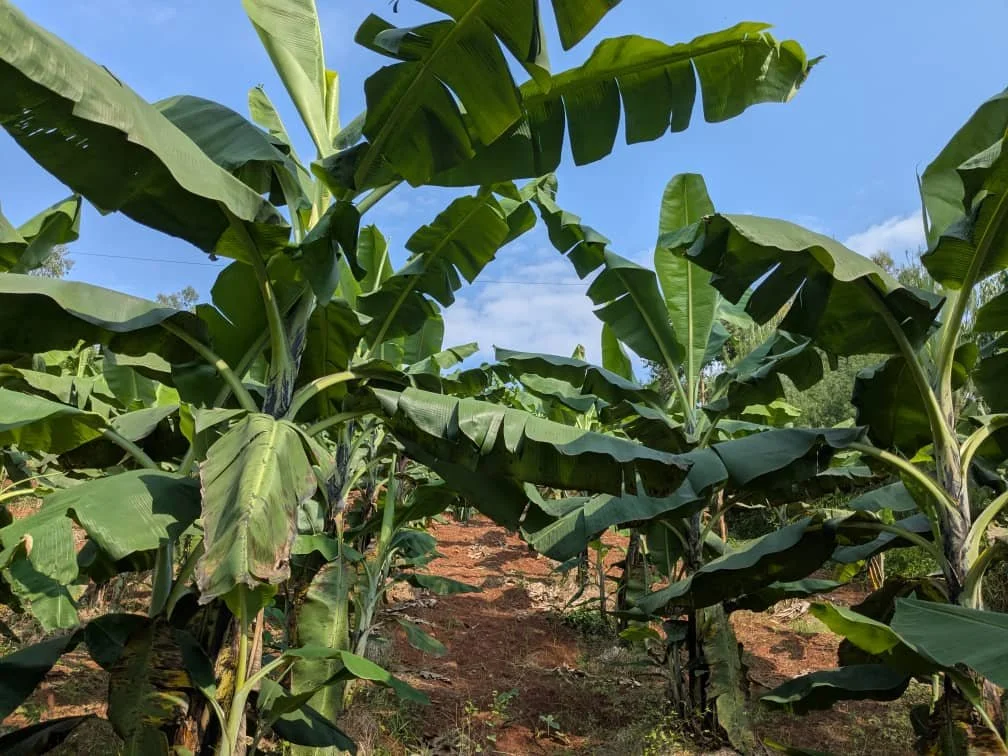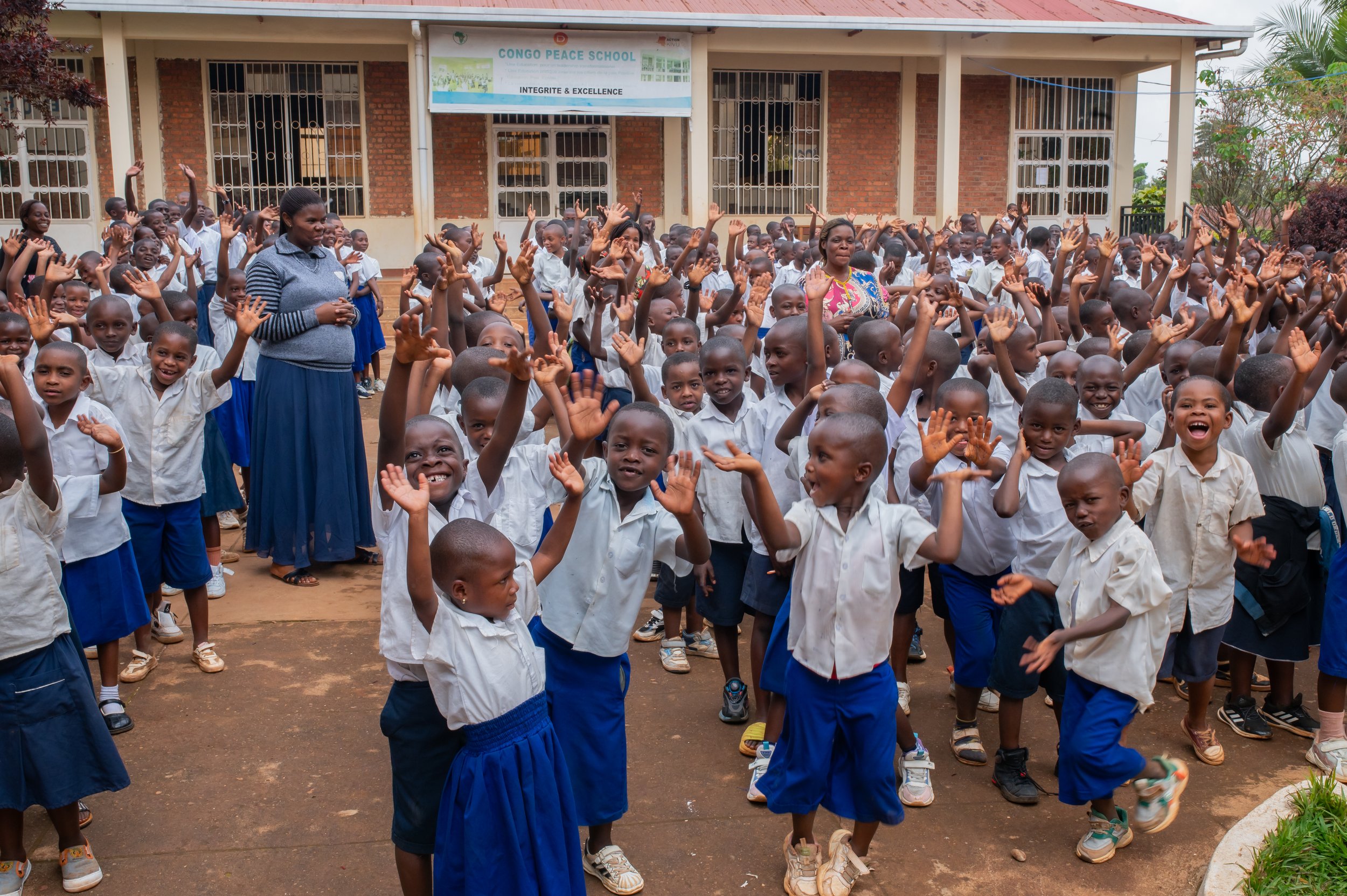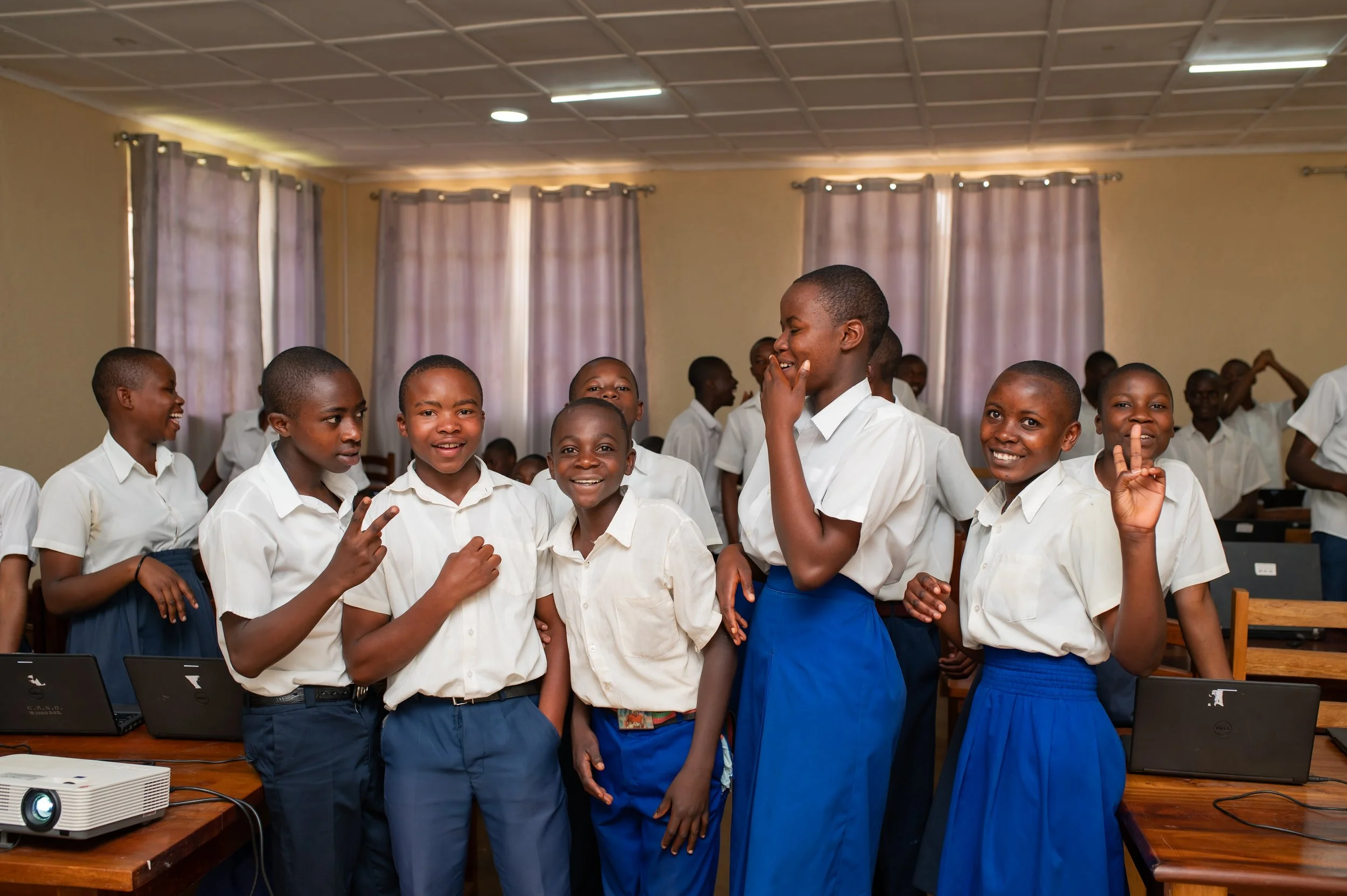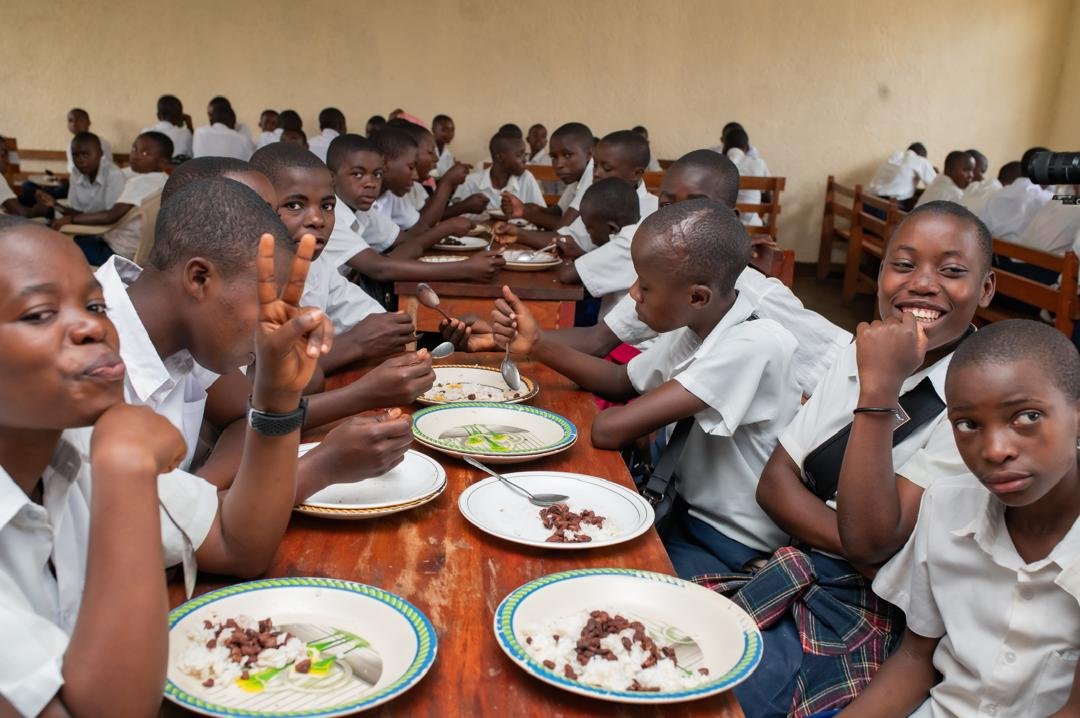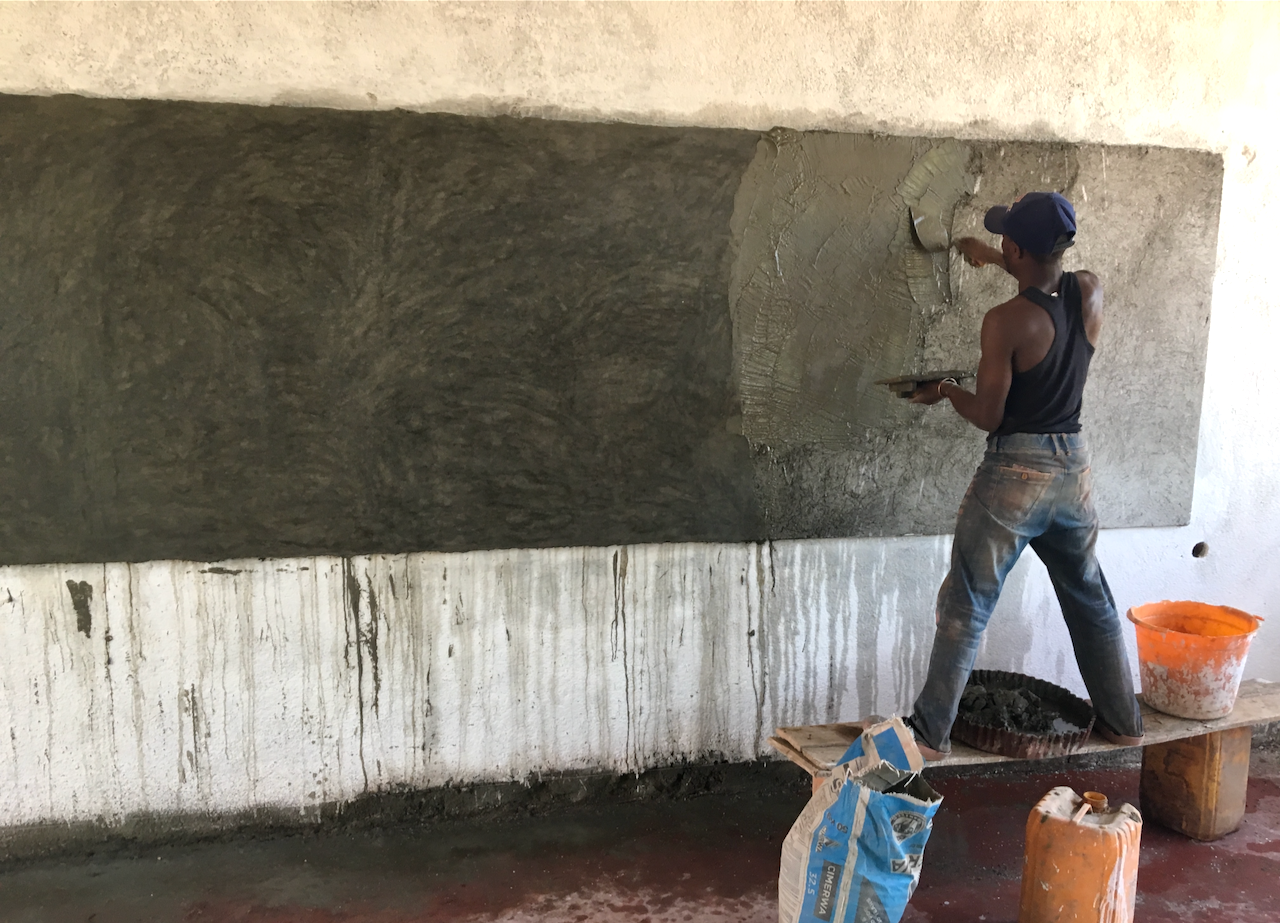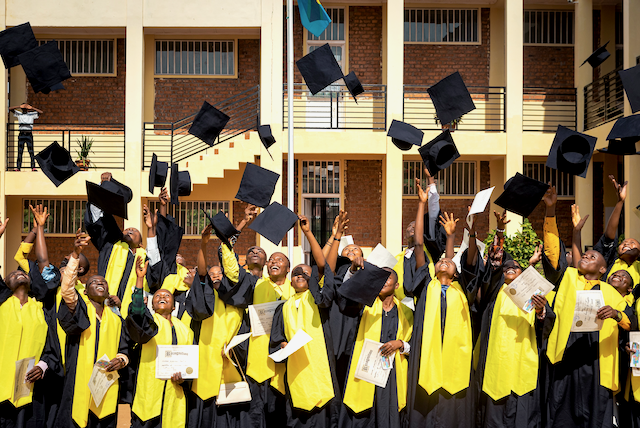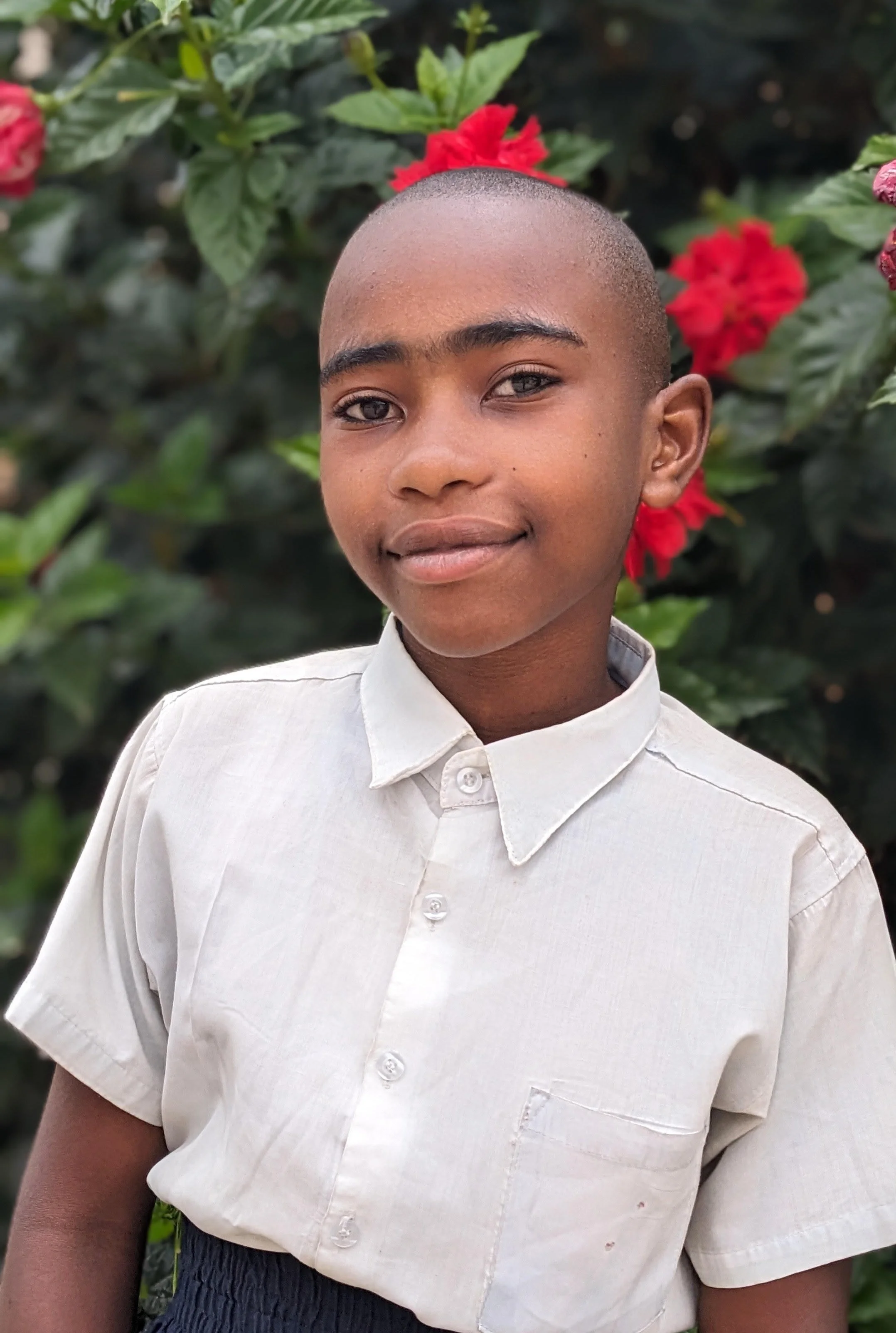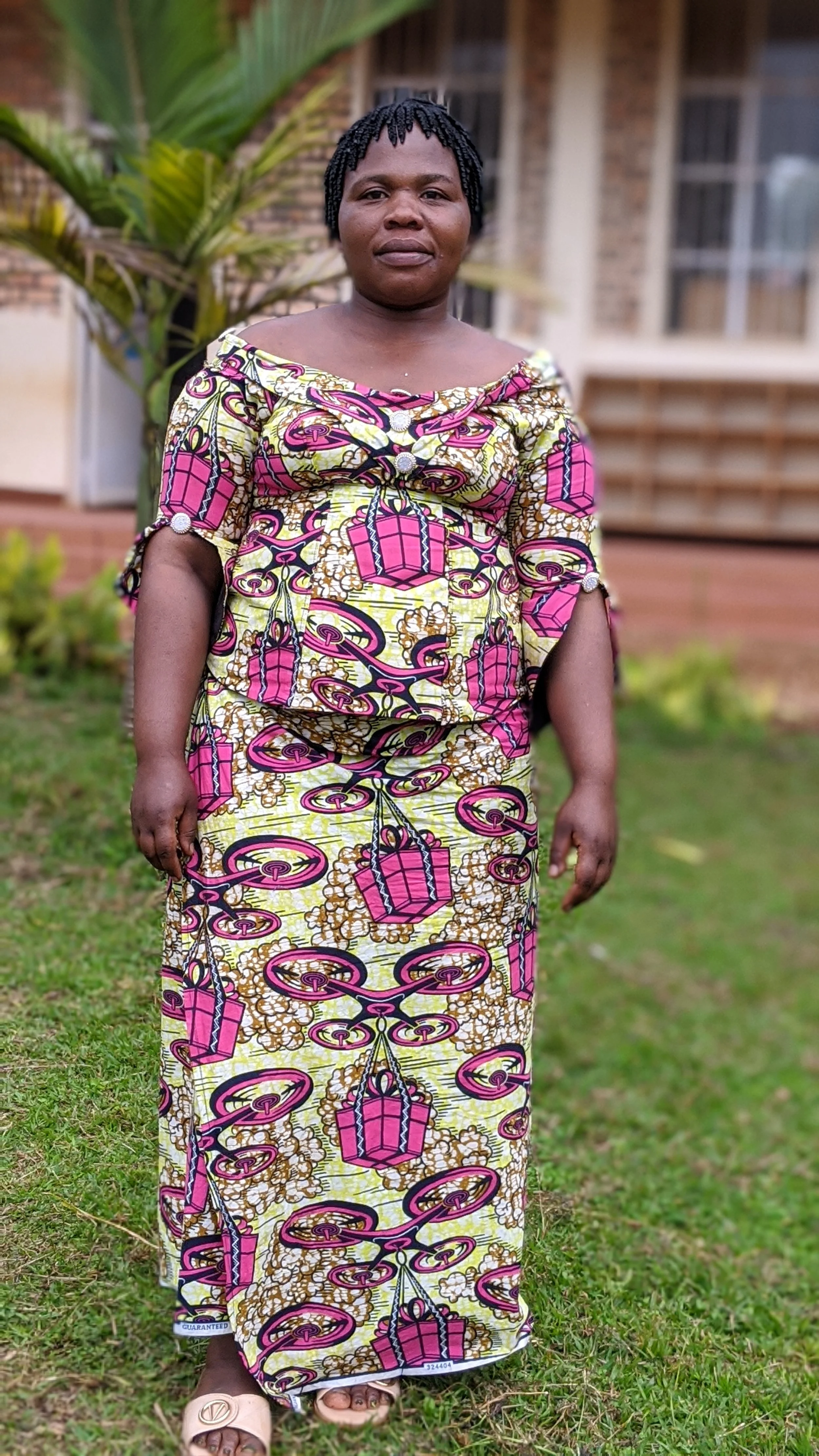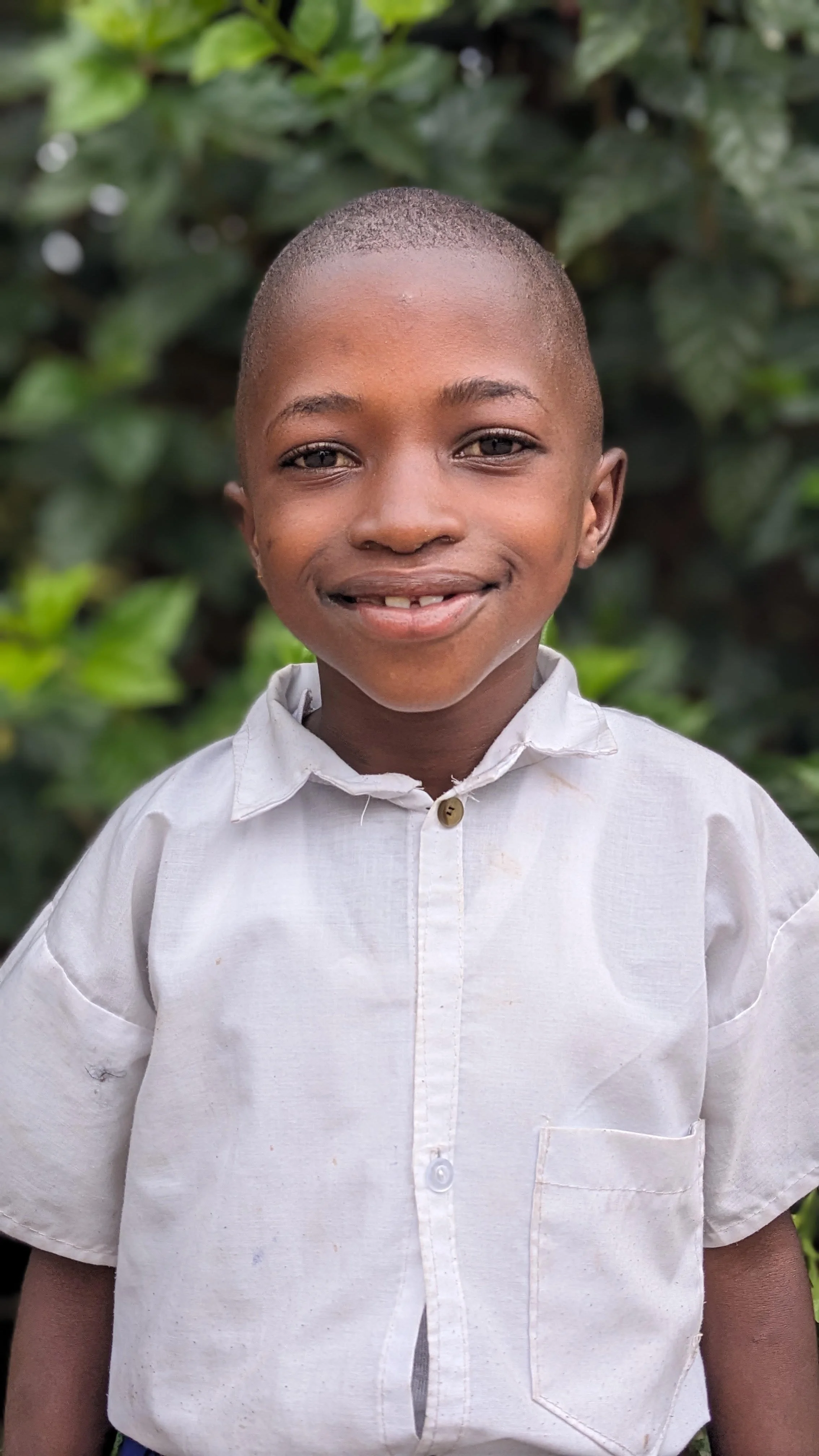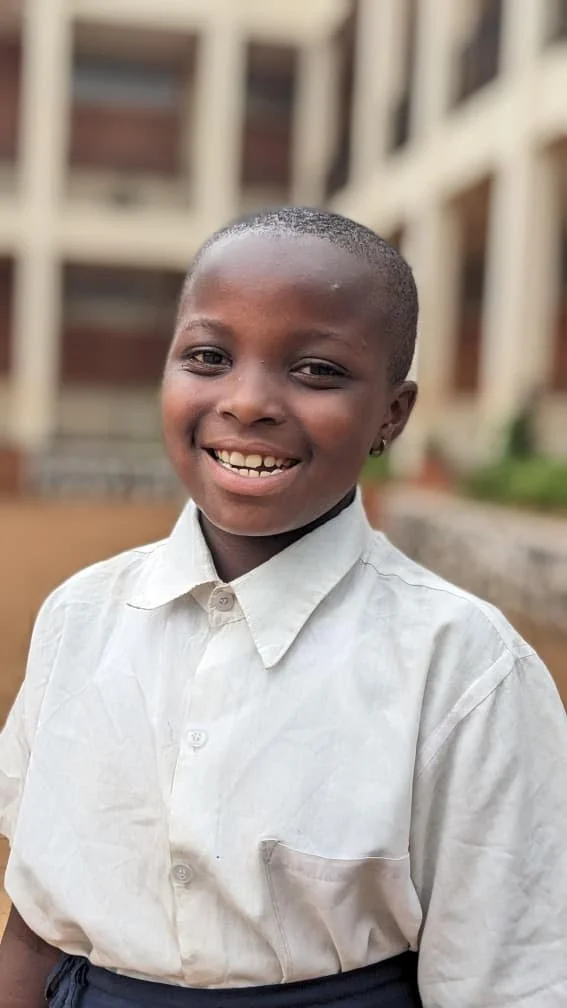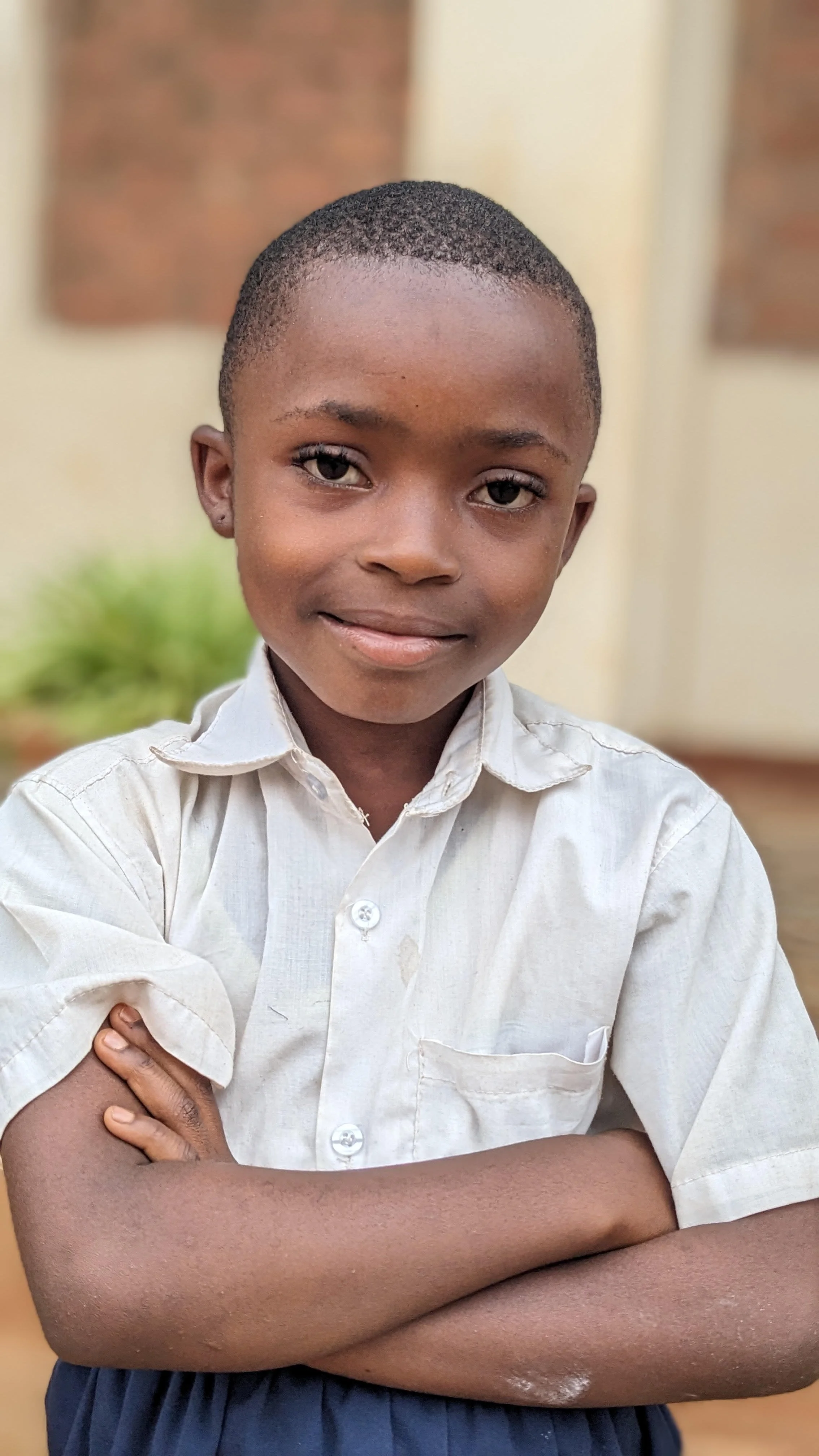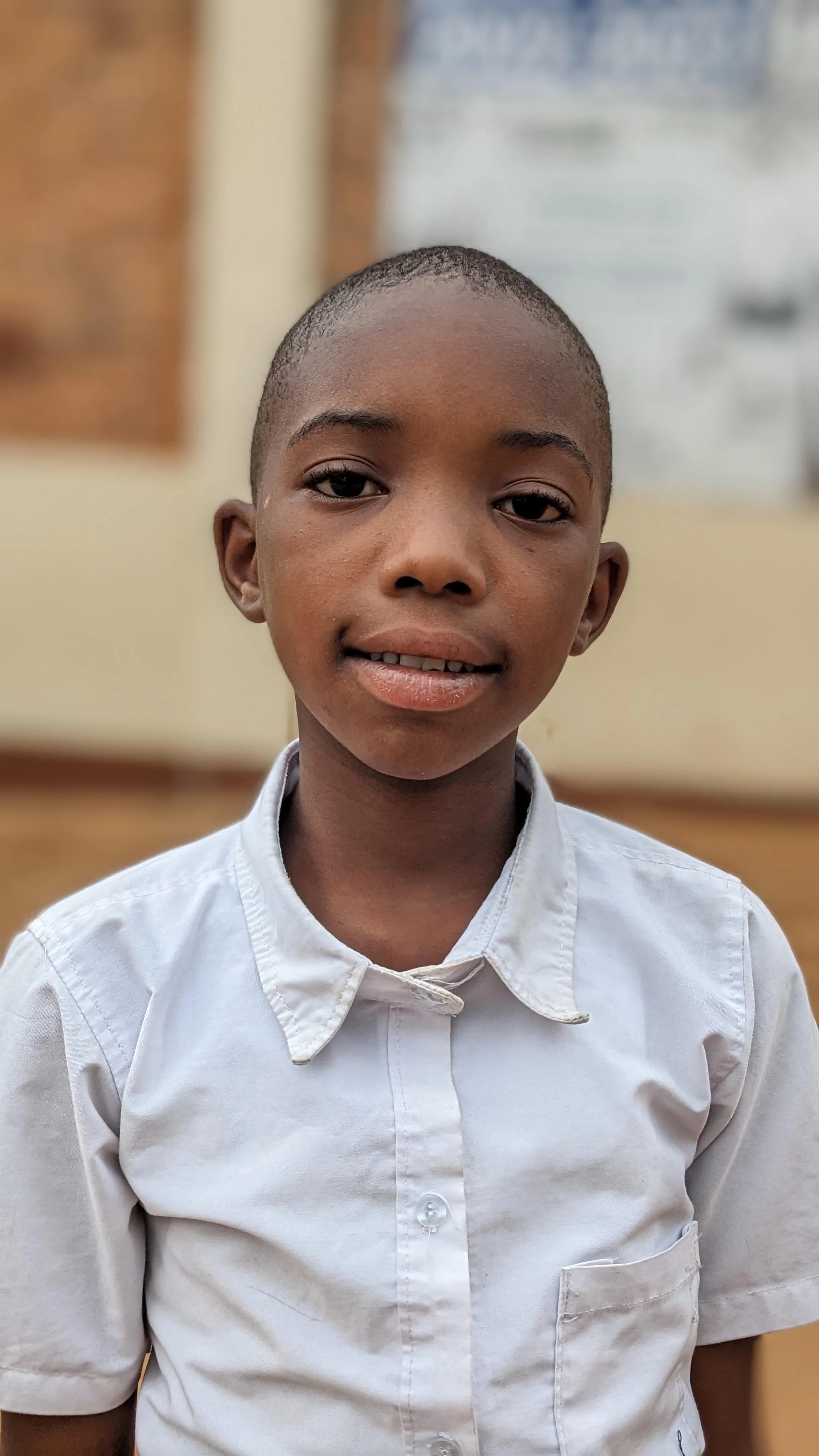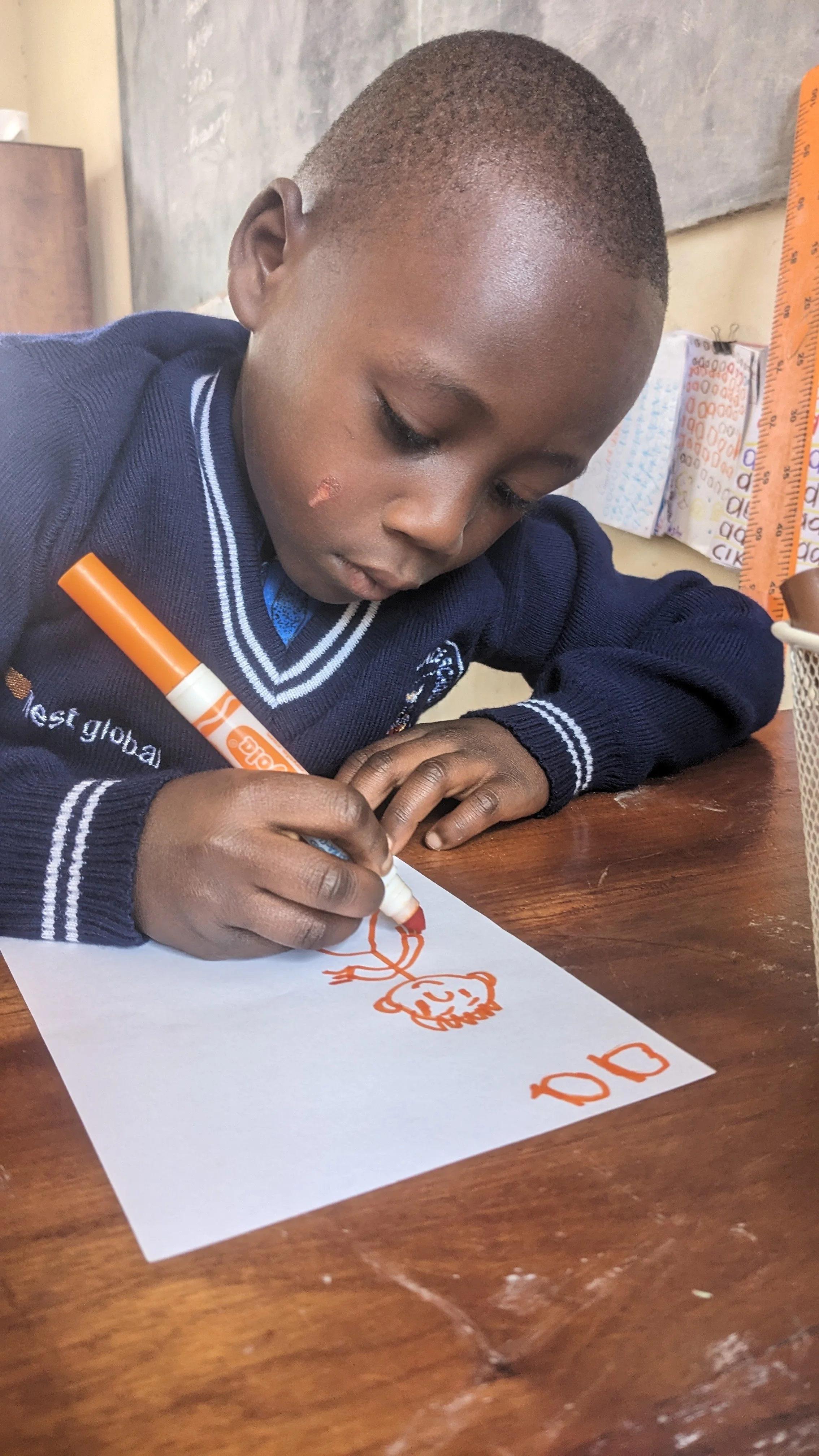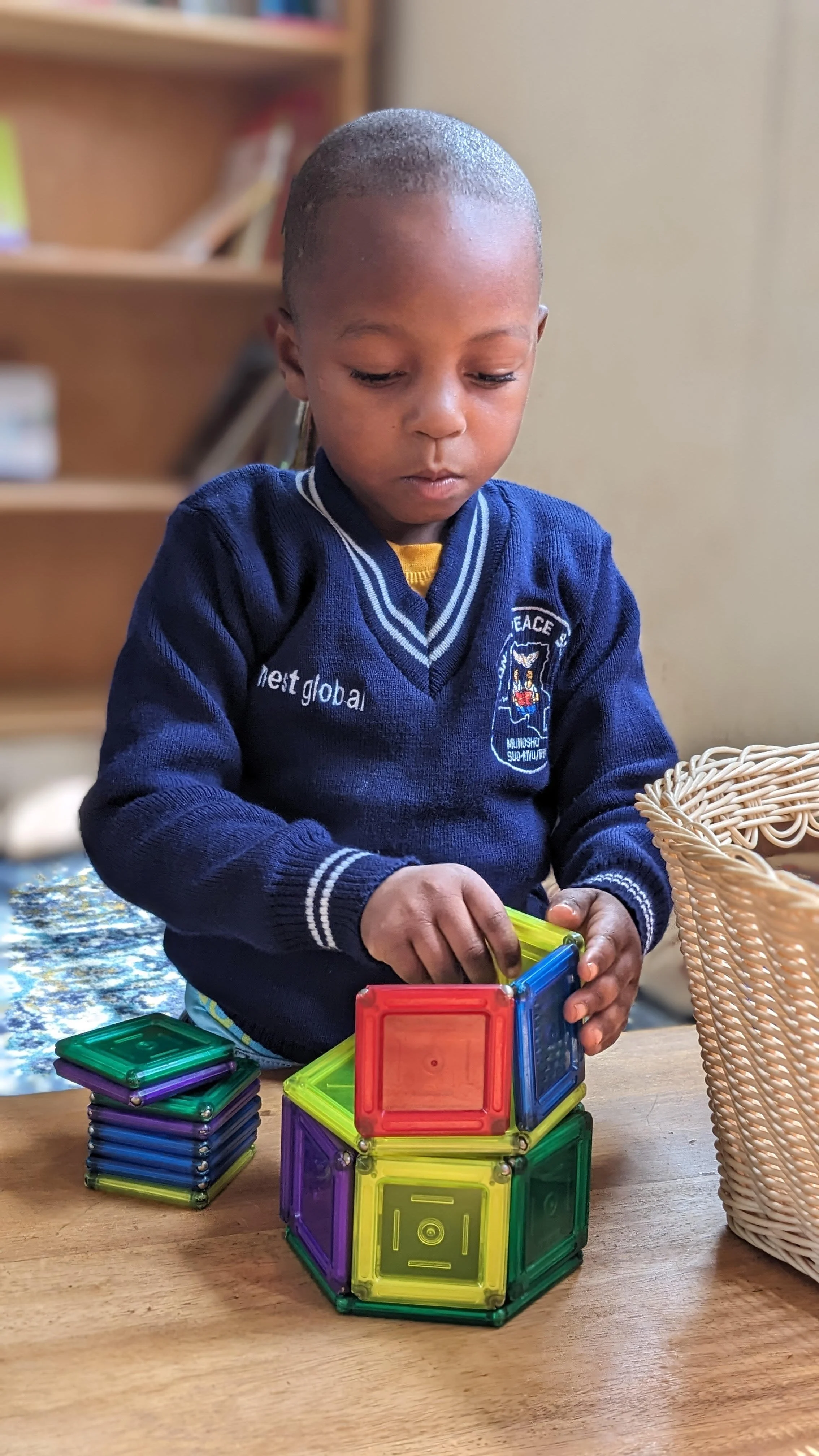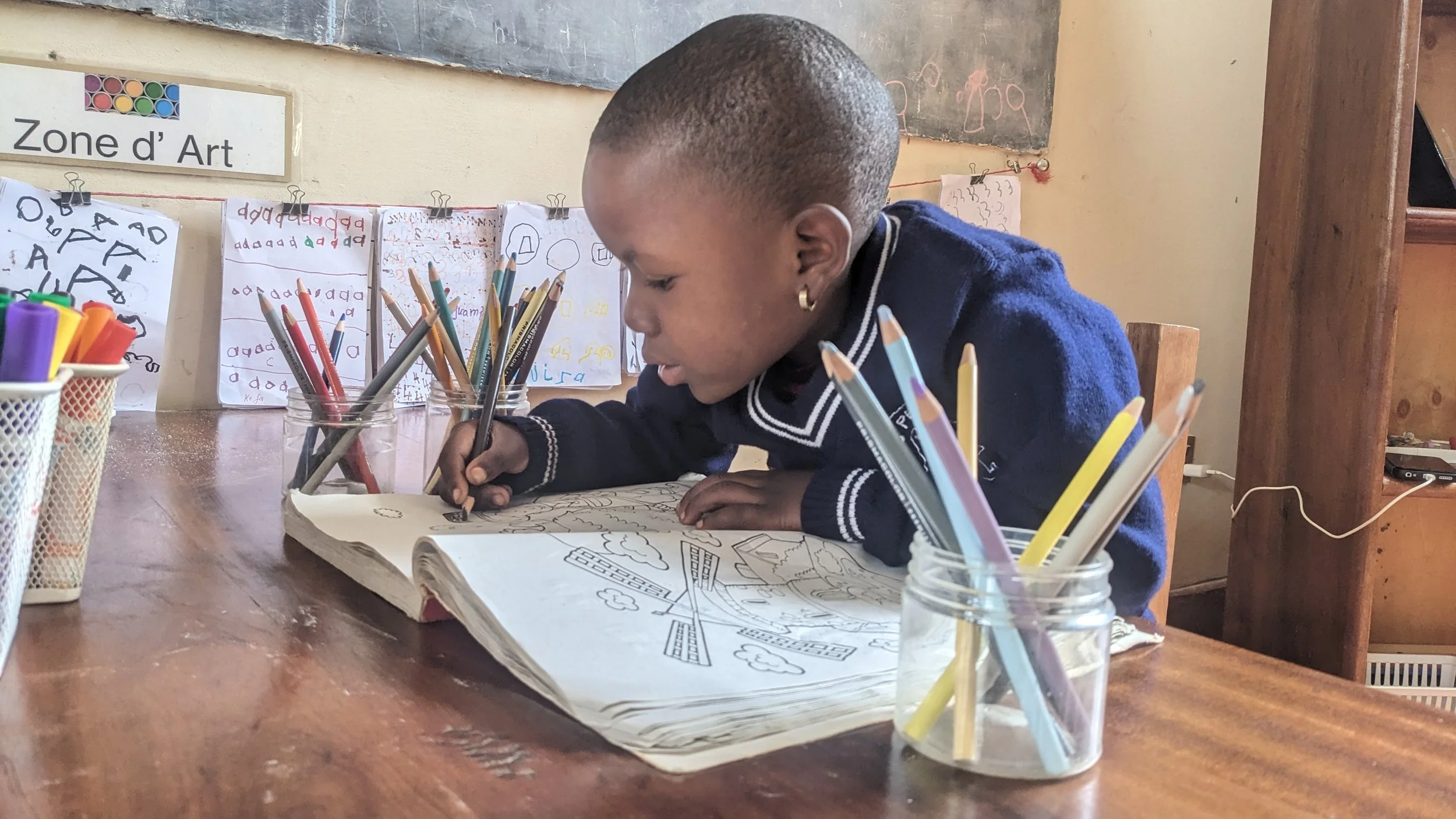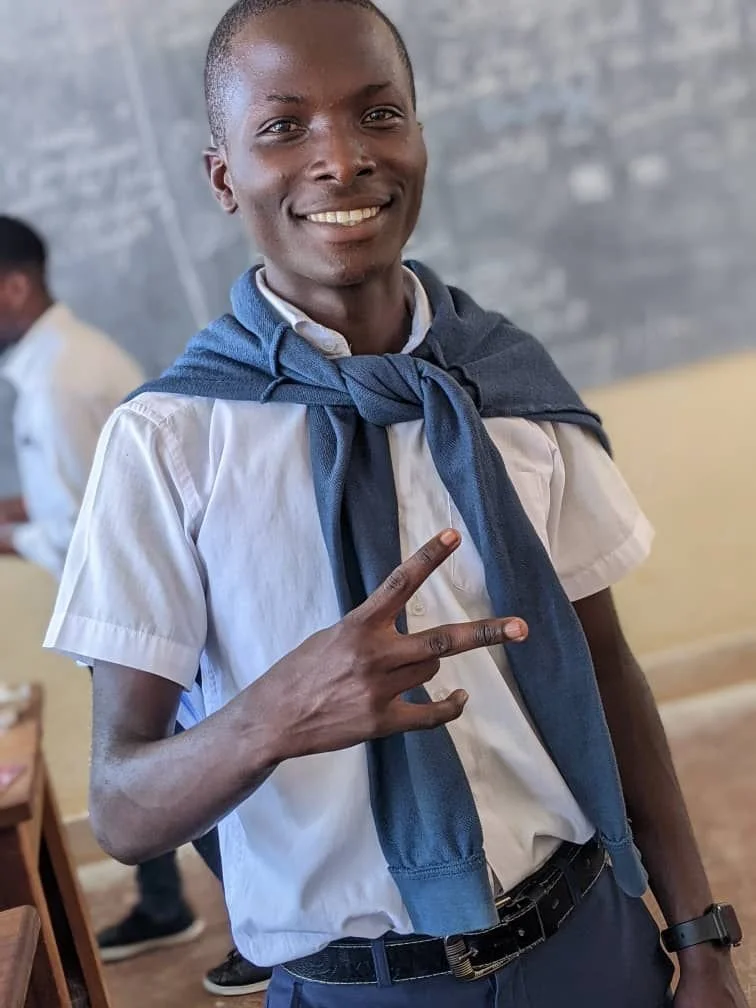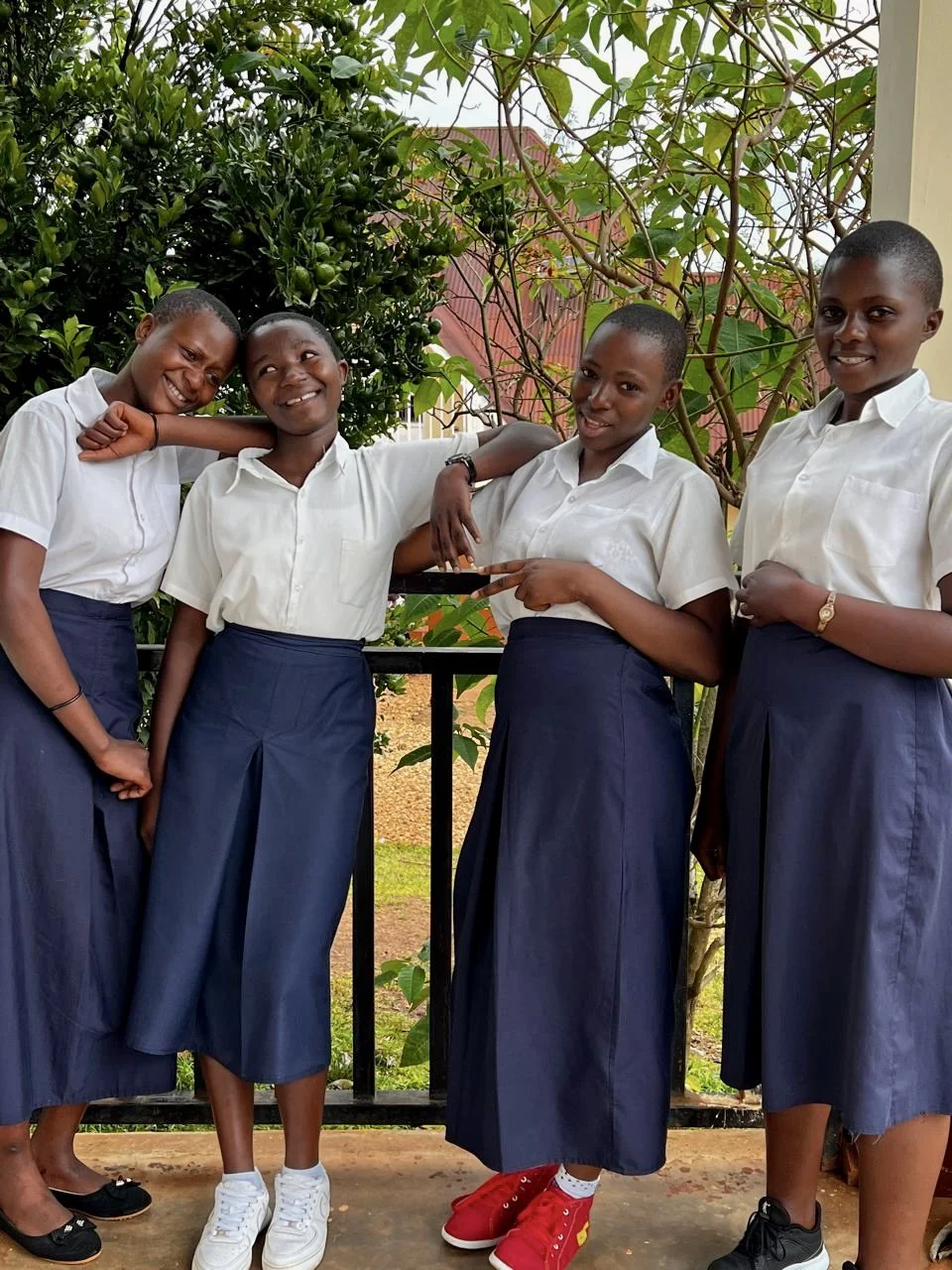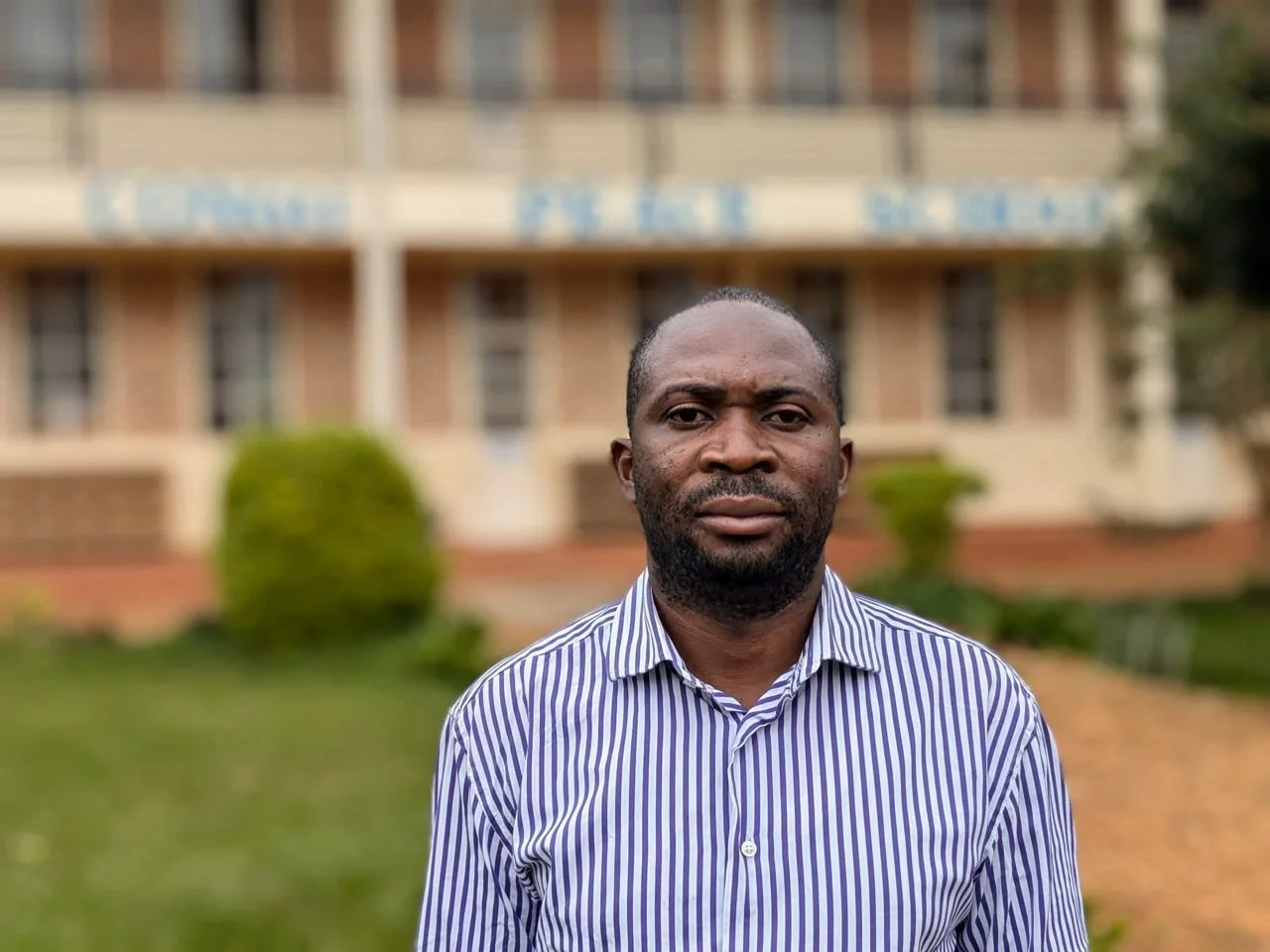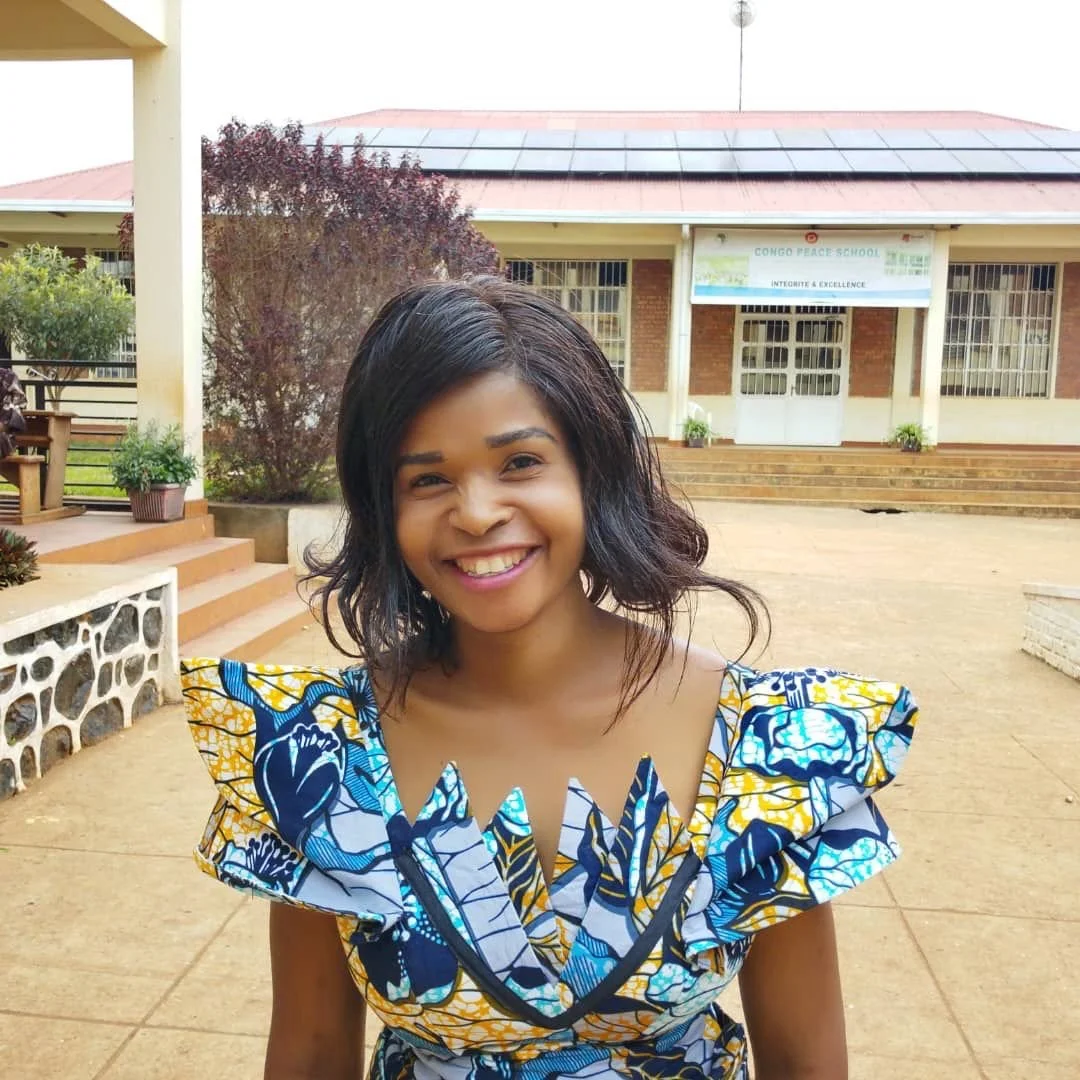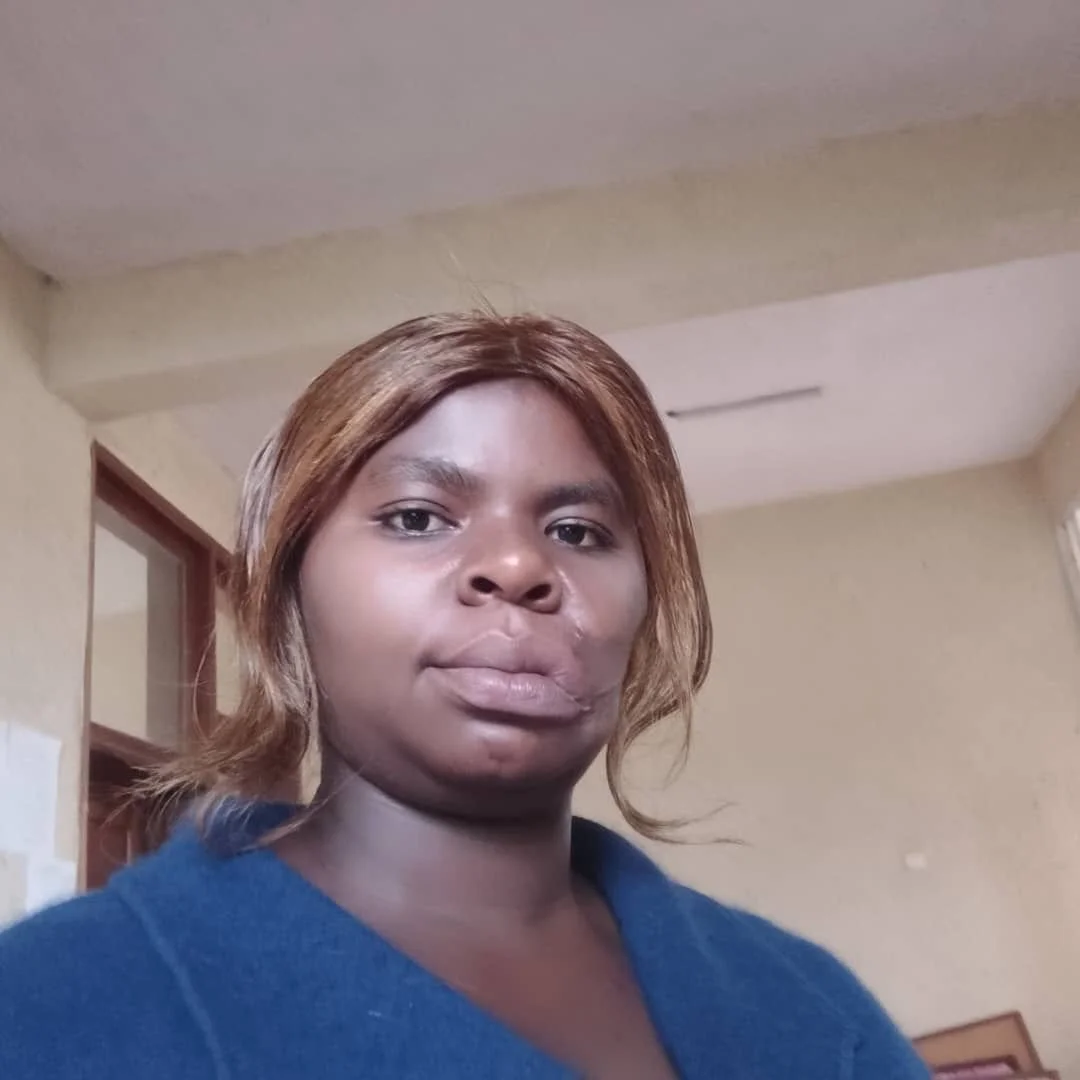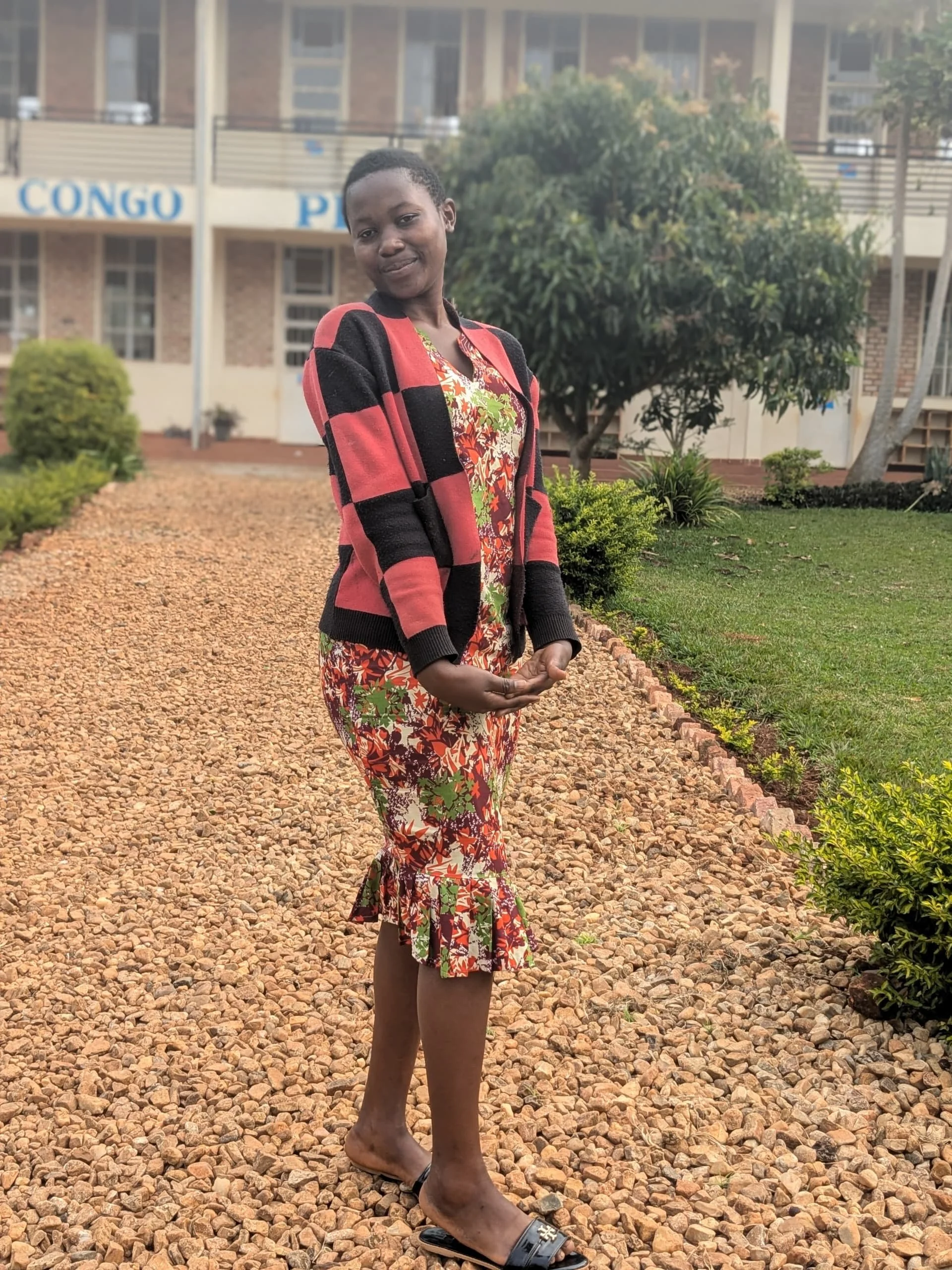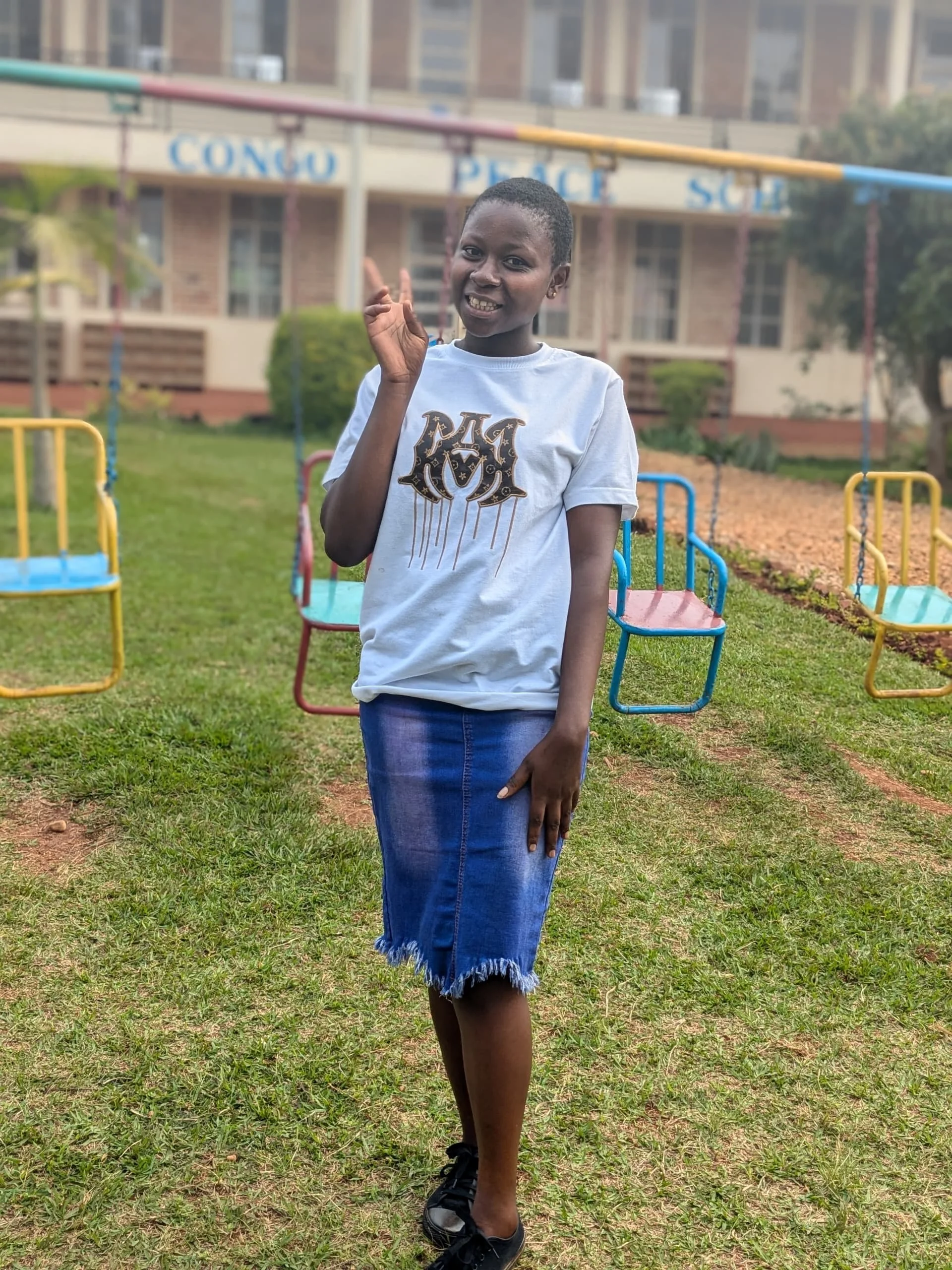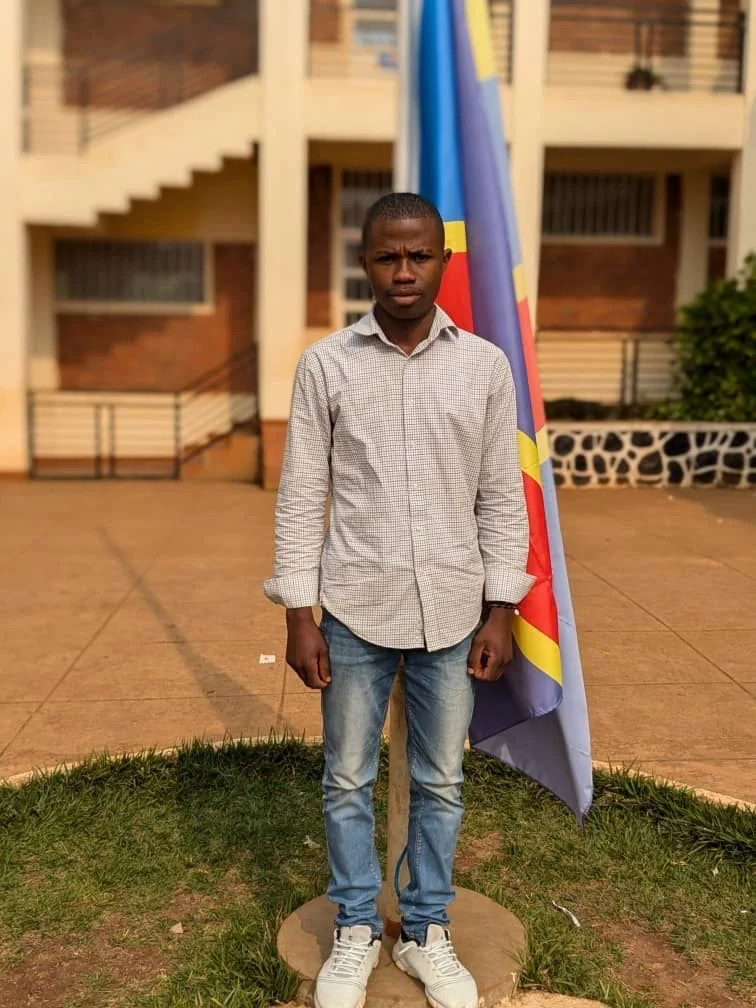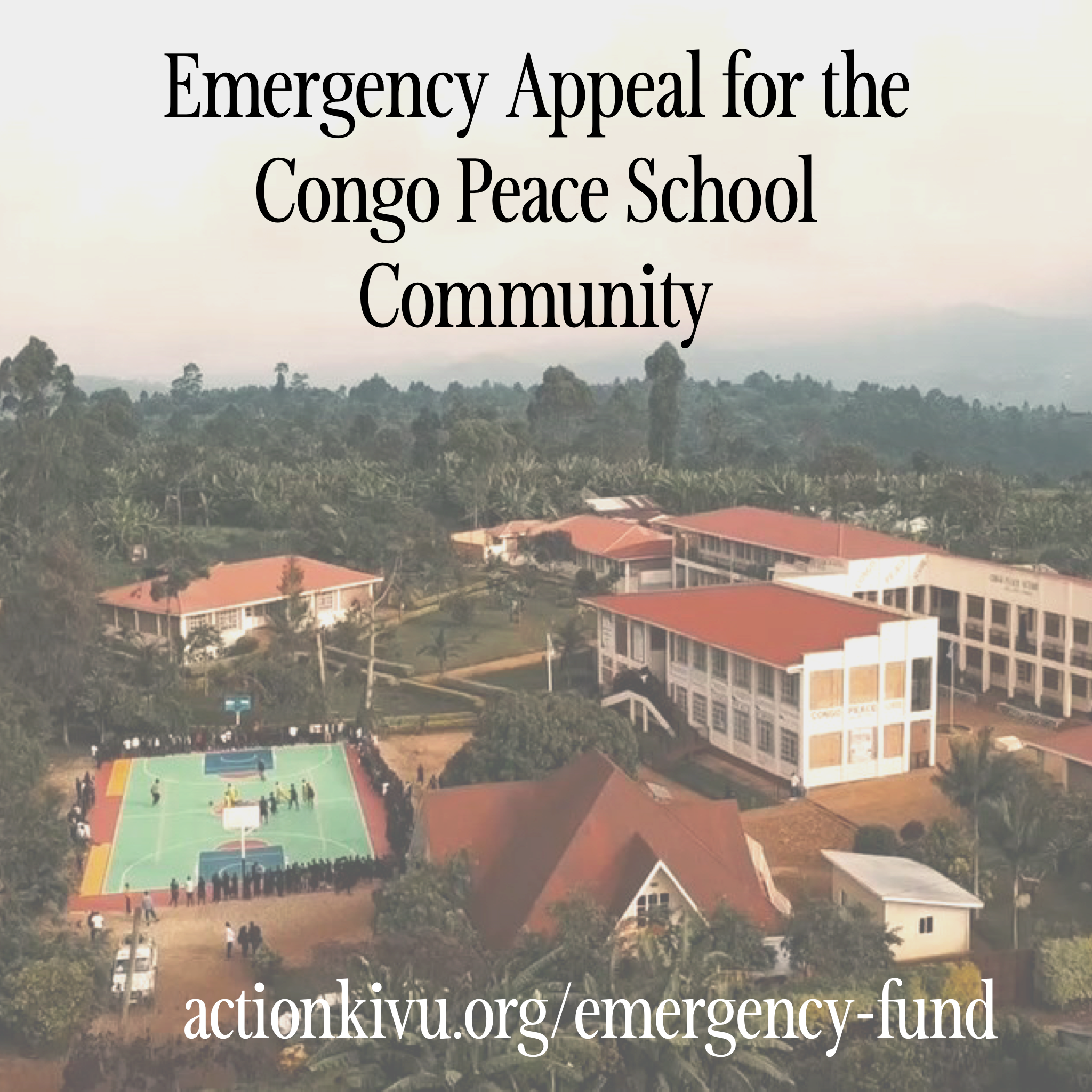Driving to the grocery store and listening to the radio, I heard the words “in eastern Democratic Republic of Congo, government forces supported by militia groups are engaged in fierce fighting with M23 rebels backed by neighboring Rwanda.”
I audibly gasped – a news story on All Things Considered about the war in Congo? With all the horrors in the world’s and nation’s news cycles, it’s not common to hear about DRC without specifically searching for a story. (And with all the horrors of the news cycle, we appreciate you turning your attention to Congo right now, and sharing in the stories of the folks who are so often overlooked while we all benefit from the wealth being extracted from their country.)
The story is not a run of the mill report, but in merely four minutes they speak to soldiers and survivors and touch on some of the causes of the war. One soldier with the Congolese army noted that he has not been paid in six months. How does one survive without pay, you might ask (as we all hear increasing reports of AI taking jobs). If you’re a civilian, people are NOT surviving.
Below, reports on how the war, now over a year old, is killing folks through hunger and preventable disease, and how your partnership with the Congo Peace School community is actually saving lives.
Also below, some of the students share what life has been like for them at the school during these first months of the new year, and send a message of thanks.
And lastly, we need your help / connections / ideas for a musician for an upcoming fundraising event. The backstory: for several years the Congo Peace School has been generously supported not only by you, but through our Founding CPS Partner the Dillon Henry Foundation, we have received annual funding from the Judy Bork Trust, ranging from $50K to over $100K per year. That support has come to an end, as planned by Judy herself, to fully spend the trust in a specific period of time. We are so grateful for that support, and received some sustainability funding from the trustees as well, and plan to use some of the funds towards a big fundraiser to bring more and more people together and raise some significant money to keep this critical school open.
To do that, we need a name that will draw people who will buy tickets! Do you have a connection to a popular, amazing musician that you could introduce us to? Other ideas to find someone? Email me (Rebecca) at actionkivu@gmail.org.
Unreported effects of war
Our Founding Director Amani Matabaro shared how before the war, the women in the Mumosho community used to earn small amounts of money through small shops, selling goods to local Congolese neighbors that they had purchased wholesale across the border in Rwanda. With the sales, they were able to feed their children a small amount of food each day. Mothers, Amani said, used to do cross-border trade, to keep their children alive.
The war has closed borders and banks in Congo. For those women who *are* able to cross into Rwanda, they are no longer offered wholesale prices, so there is almost zero profit for their labor. Women are not able to feed their children. Even more students at the Congo Peace School only eat because of your support and our cafeteria. (With the banks closed, our team has created a workaround with checks and mobile money, and your donations are making the most impact possible.)
The destruction of USAID support in Africa without a plan in place for local communities to work towards building that infrastructure has also killed people who were depending on medicines and vaccines – your support of the Congo Peace School, whether it is through a financial gift, a bake-sale, or connecting us to others who can help, will save lives, and invests in a future of peace-filled leaders. As Amani often reminds us, trauma not transformed is transferred.
These students are transforming their trauma:
Young students in blue Nest Global sweaters (the Congo Peace School’s preschool partner) bounce on a trampoline inside a safety enclosure.
Bahati Akonkwa Emmanuel
“I am in 2nd grade of secondary school (7th grade in the U.S. system) at the Peace School, and I’m 13 years old. I live with my grandmother; I don’t know where my parents are since this war broke out. This is the most difficult situation I’ve ever lived in my life. I am praying every day to see this war come to an end. I like the Congo Peace School, at least [here] you have support when you feel exhausted, hopeless and anxious, our school trauma program is highly helpful.”
Mwaka Munguakonkwa Jean de Dieu
“I am 18 years old, in the 5thgrade of secondary at the Congo Peace School (11th grade in the U.S. system). I live with my mother, my father passed away. I have five brothers and two sisters. My mother sustains us as a family by doing small scale agriculture after her other small trade business was ended when the war in our country broke out. I am here at the Peace School as a new student as we were forced to flee our home and learned the surrounding area of the Peace School was safe, and this is how we settled in Mumosho. The Peace School is better than where I was studying before. Peace and Nonviolence are good subjects to talk about even if there is war going on right now in our country. This war is all about minerals, we did not know before until we started seeing almost all the agreements are about the minerals the DRC has.”
Faraja Mihigo Nice
“I am 10 years old, and am in 5th grade of elementary school at the Peace School, which has become home for me. This time of war is very difficult, we are suffering. We are living with fear because you do not know what could happen, anything could happen any time. We have no money to buy food, medical care, and other things we need. I wonder if the Congo Peace School was not taking care of us what would happen, maybe we would have died.”
Amani shared recently how it feels the world has turned away from the suffering of the people of Congo. World leaders know that the critical minerals are being smuggled across the border to Rwanda, washed and put into our supply chains, making all of our lives easier and richer, with our cell phones and laptops and electric cars and airplane engines, blood minerals that fuel a life that these innocent faces have to endure in fear of violence and not knowing if they will eat enough to survive.
We are grateful beyond the words we have to express the gratitude, that you have turned your attention to the innocent children of Congo. For you to share these stories with others so our circle of connection and work for peace around the globe continues to grow. That you are investing in a future of peace and social justice for us all by investing in peace in Congo.
“Thank you so much to Congo Peace School! Thank you! Asanteni!”
Bonus: We will soon have bananas to supplement the students’ meals! Amani’s daughter Blessing majored in agronomy in university, and wanted to put her new knowledge to use to benefit the students at the Congo Peace School. The young banana trees were purchased with Action Kivu funds from an agricultural research center, and will be part of the regenerative farming plan, especially necessary after a company working on the road above the marsh farm dumped infertile dirt onto the land. We will soon know more about the harvest yield and will share that with all of you, our beloved community.
Blessing at work
Take action for these kids in Congo:
Share this post with one person you think may not know about the Congo Peace School
Read or listen to the four minute news report here.
Call your representatives and let them know you want the U.S. to take more action to end Rwanda’s support of the M23 and their takeover of Congo and its minerals. (Read the latest DRC News Monitor from our friends at PAEMA to learn more about the latest news from Congo.)
Host a baking party for a sale or dinner party in which you read about Congo and talk about our connection with the people there.
Donate – your gift helps us keep the doors open so these children can access a quality education rooted in peace, nonviolence, and equality, healing, curiosity, and joy.


